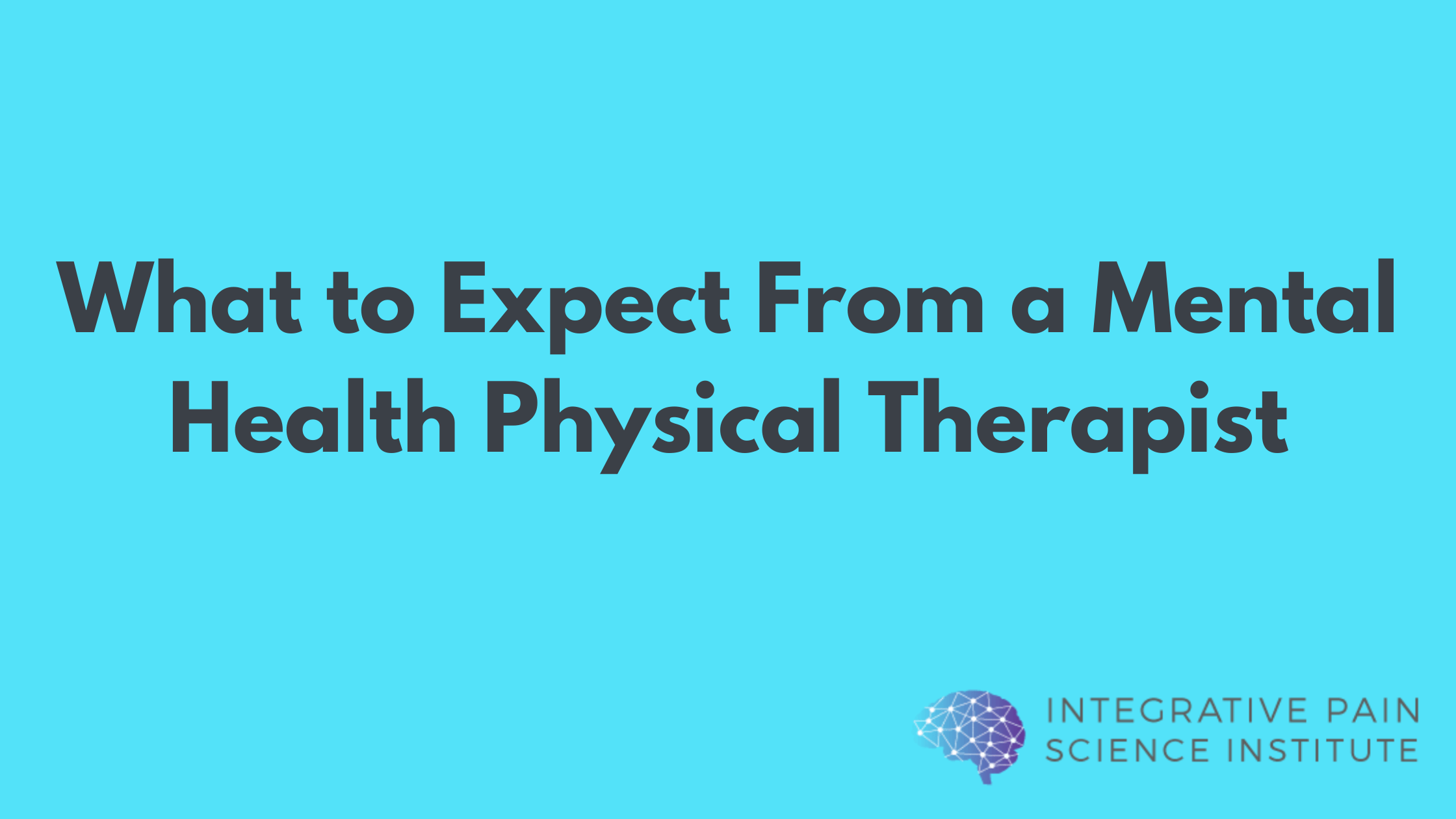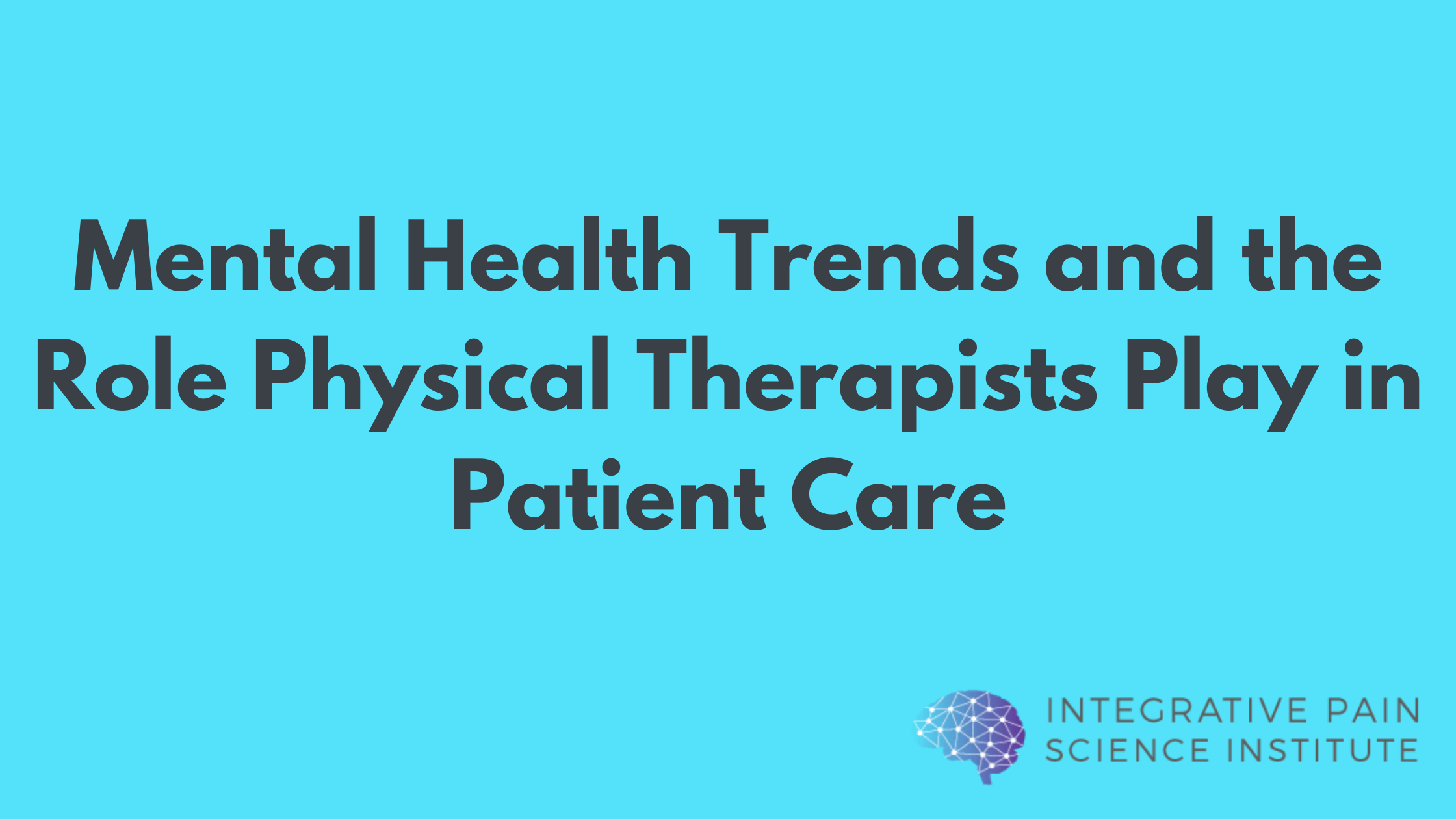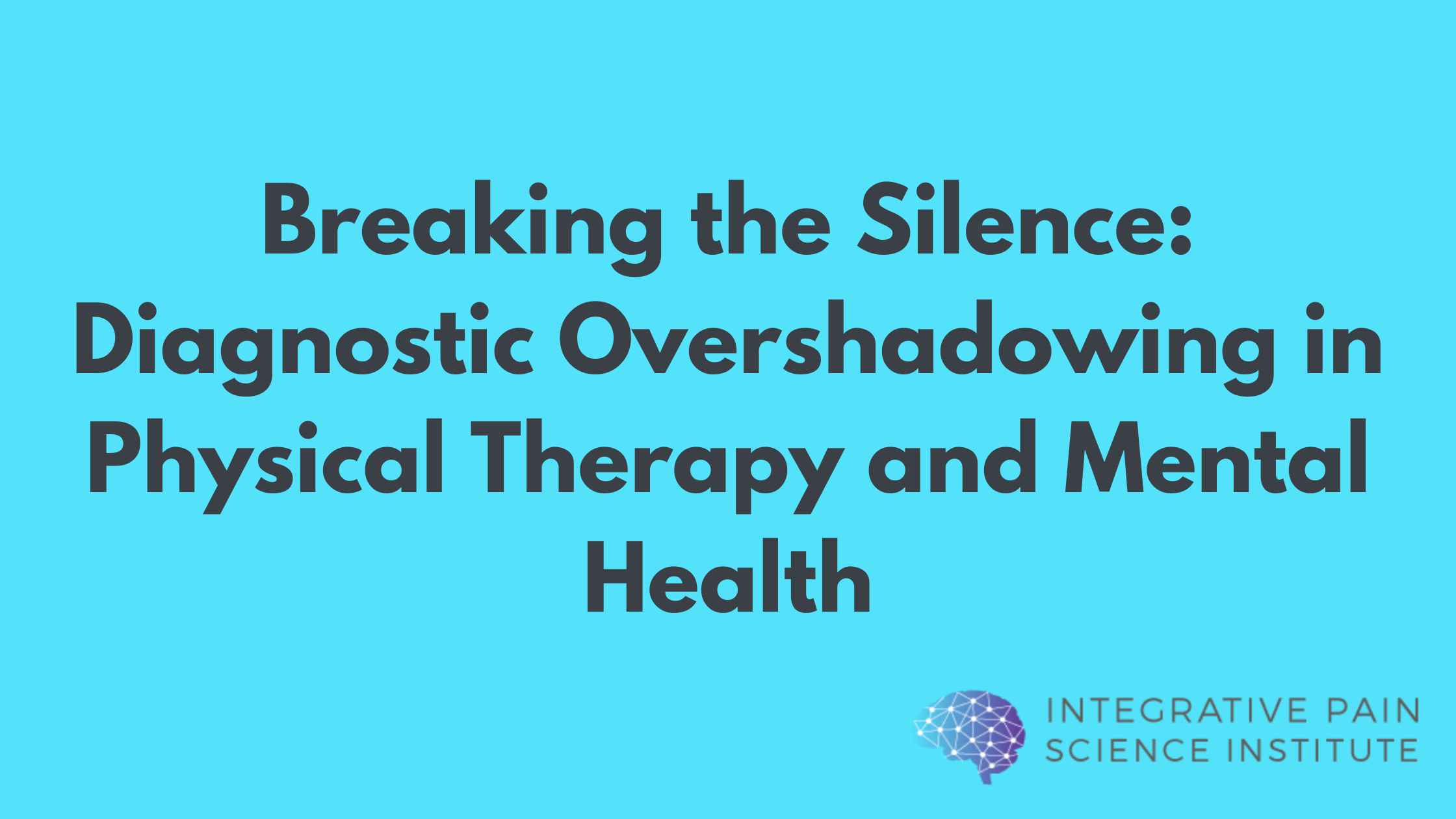Anger can be one of the biggest roadblocks to recovering from chronic pain. People are angry for many reasons— either at the system for not helping them or failing them, at themselves, at their circumstances or at other people. We all feel anger during our lives, but we face additional challenges if anger becomes chronic. Feelings of resentment, ill-will, and irritation are carried with us, weigh us down, and keep us down. These harmful emotions create physical, emotional, and social problems that prevent healing. Holding onto anger harms yourself and those around you. Letting anger control your life will only ensure that you will always be in pain. If you truly want to rid yourself of chronic pain, you first need to purge yourself of any anger that you are still harboring within.
Emotional problems create physical problems Share on X
Anger amplifies pain
If anger is repressed and not released, new pain can be the outcome. Emotional problems create physical problems. Research has shown that anger is correlated with increased pain levels and decreased function in people living with chronic pain conditions [1,2] The adrenaline anger creates keeps the nervous system in a hypersensitive state. Anger creates many changes in the hypothalamo-pituitary-adrenal (HPA) axis. The HPA axis regulates mood and influences the release of stress chemicals. Anger expression is related to higher level of cortisol, a stress chemical that can be harmful over long periods of time [3]. Prolonged exposure to cortisol is linked to stress, anxiety, and depression [4]. Refusing to let go of your anger only makes you feel worse. Repressing feelings of anger is also just as harmful as being angry. “Absorbing” the anger you feel only allows it to grow within you. Research shows that the action of trying to suppress anger is linked to an increase in pain intensity [5]. It is as if you have a wound that you refuse to clean and bandage. The wound only festers with time and spreads across the body. Anger, in any form, is detrimental to a happy and healthy life.
Anger affects relationships

You are not the only one hurt by your anger. Anger causes you to lash out and harm those around you in both word and action. Anger pushes people away and breaks down the social support that is necessary to fight chronic pain. Negative interactions with a spouse have been correlated with higher pain severity and a reduced participation in activities of daily life in those with chronic low back pain [6]. Consider whether your anger is hurting those who love you. Keep in mind that anger can be expressed in many ways that are both intentional and unintentional. You may not even realize that you are lashing out in anger. Do you find yourself becoming annoyed more easily? Are you having more frequent and/or stronger disagreements? Are there fewer positive interactions in your life? The absence of expressions of support and affection can be just as damaging as the presence of hostility and frustration. No one can heal alone, so don’t let anger alienate you from the social support that you need.
Anger leads to poor coping strategies
Coping refers to how we attempt to solve our problems. Positive coping strategies include exercise, meditation, and relaxation. When you are angry, you are more likely to choose a negative coping strategy, such as criticizing yourself and others, working too much, and substance abuse [7]. Poor coping strategies provide temporary relief but eventually lead to an increase in stress. For example, an outburst of anger may spur you to throw your cell phone across the room. You’ve released your anger, but now you have a broken cell phone and a brand new problem. The strategy of substance abuse is even more harmful, especially for those with chronic pain. Reliance on alcohol, medications, and illicit substances to dull the experience of pain leads to poorer health outcomes in the long term. The relief is never permanent and pain often worsens with time. Substance abuse leads to increased feelings of anger and expressions of violence that work in a cycle to take you farther and farther away from recovery [8]. Take a minute and think about how you currently deal with the problem of pain. Is your anger leading to damaging decisions? Try one of the following five strategies instead:
How to release anger
1. Journal
Journaling is a form of mindfulness-oriented intervention that can help you take control of your anger. The physical act of writing increases awareness of your emotional state and serves as a log to identify patterns and track progress. Expressing anger in private through journaling is a positive coping strategy. Writing gives you the time to process your feelings and expel the negative thoughts and emotions. Taking 15 minutes a day to be reflective and thoughtful creates an environment for healing the toxic thoughts that feed anger. Notice what makes you angry and take steps to either avoid those triggers or respond in a more productive manner. When you are able to re-focus your feelings in private, you are better equipped to face your day without anger.
2. Talk to someone
Expressing your feelings of anger to a trusted friend or healthcare professional can be productive if done appropriately. Admitting to someone that you suffer from anger is an important step towards recovery. An open and honest conversation about the feelings you are experiencing can help you move towards self-acceptance. Anger is normal. You may be surprised to find that your friend has experienced similar battles and can share advice with you. We all struggle with periods of anger, and we can all overcome those difficult times. Healthy expressions of frustration are best when done privately with someone outside of the situation that is causing the feelings of anger. This should be a time of release, not a way of escalating an already difficult situation. Let it out and then let it go.
Let it out and then let it go Share on X
3. Forgive

Forgiveness must occur for both yourself and for others. Author Marianne Williamson once said, “Forgiveness is not always easy. At times, it feels more painful than the wound we have suffered, to forgive the one who inflicted it. And yet, there is no peace without forgiveness. ” Peace of mind and spirit will only come when you stop blaming someone or something else for your situation. Perhaps you need to forgive the driver who rear-ended you last year. Maybe you need to forgive yourself for lifting too many boxes at work and straining your back. Or you might need to forgive your spouse who still doesn’t understand why you’re still in so much pain. You cannot control the actions of others, only your response. Find grace knowing that we all make mistakes and we all must ask for forgiveness at some point in our lives. As we all require the gift of forgiveness, we must also be willing to give that gift to others.
4. Breathe it out
Take a moment right now to practice a deep breathing technique:
- Find a comfortable and quiet place to either sit or lie down.
- Close your eyes and place your hand on your belly.
- Breathe in through your nose, focusing on pushing all the air into your hand.
- Slowly release your breath through your mouth.
- Repeat
Deep breathing techniques help slow the heart rate and decrease blood pressure, directly counteracting the stress response incited by anger. Mindful breathing is an effective way to release the negativity you hold inside [9]. It provides another opportunity for quiet reflection and refocusing. Deep and slow breathing also changes the way our bodies process pain. The practice reduces the hypersensitivity of the nervous system and raises our threshold for feeling pain [9]. The next time you feel anger or another destructive emotion building up inside, take 10 minutes to practice this deep breathing technique and release the emotion in a healthy way. Once you feel comfortable with your technique, try adding guided imagery or repeating a mantra that helps you relax.
5. Write your own story
When something bad happens to us, we feel as though our control over our lives has been taken away. Once you have released your anger and found forgiveness, you must begin to redefine your life and make yourself the author of your own story. Empower yourself to begin recovering from chronic pain by reframing your perceptions of your life. Let go of old and damaging assumptions like “My pain is permanent”, “I cannot change my situation”, or “My life is out of my control”. Rewrite these mantras- “My pain is temporary”, “I can choose how to react to my situation”, “My life is within my own control.” Recognize your autonomy and take responsibility for the state of your life. You will find that a life free from anger and the blame it entails gives you the power to begin making positive change.
A pain-free life is possible. Begin your journey today and release the anger that is reversing your progress.



